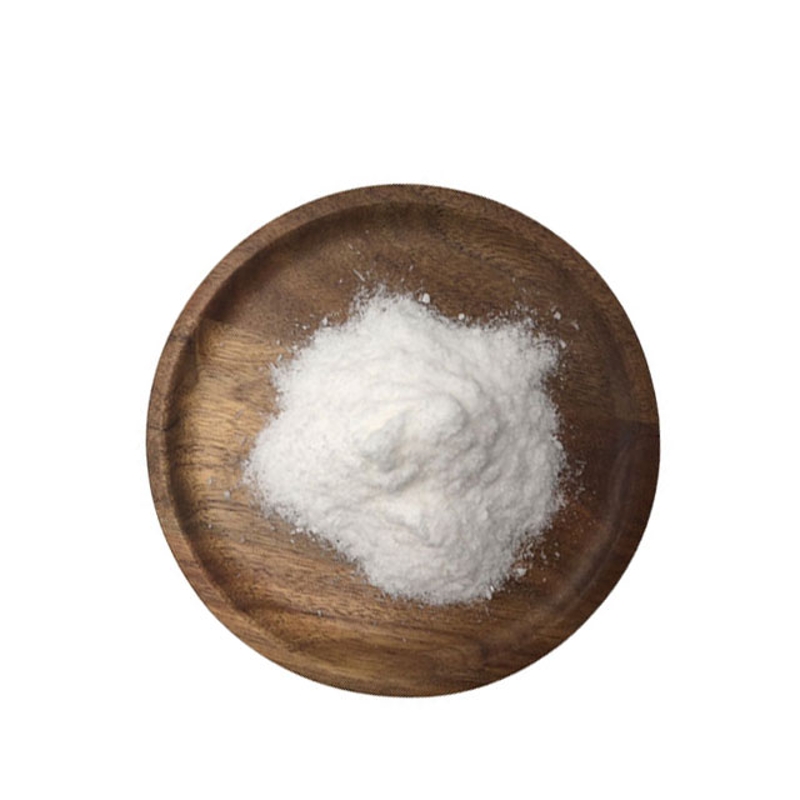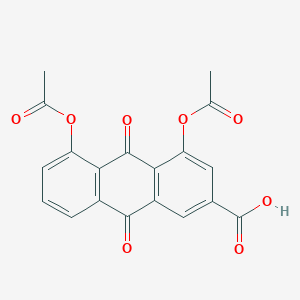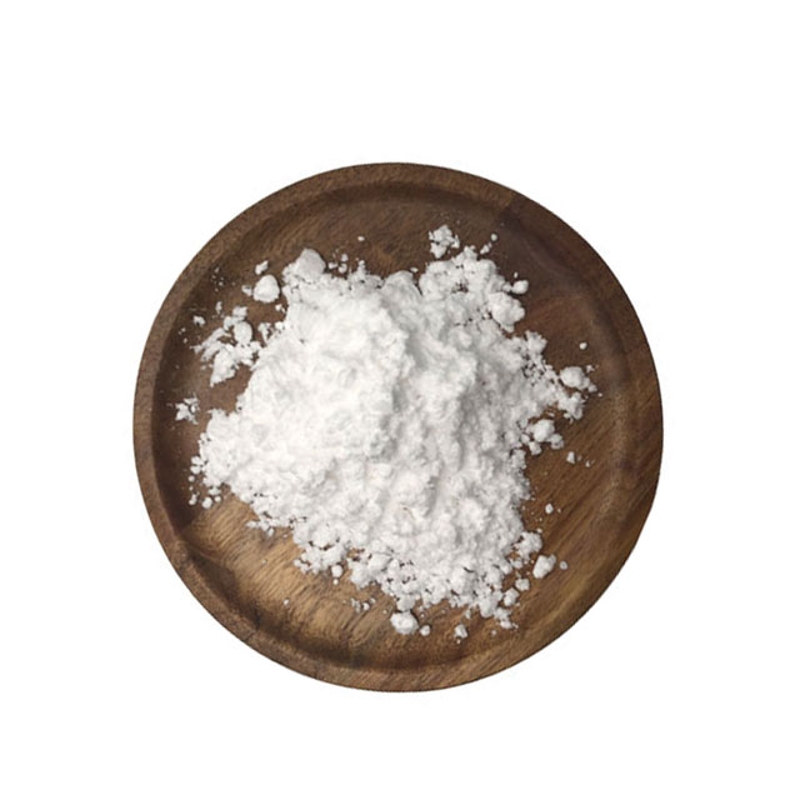-
Categories
-
Pharmaceutical Intermediates
-
Active Pharmaceutical Ingredients
-
Food Additives
- Industrial Coatings
- Agrochemicals
- Dyes and Pigments
- Surfactant
- Flavors and Fragrances
- Chemical Reagents
- Catalyst and Auxiliary
- Natural Products
- Inorganic Chemistry
-
Organic Chemistry
-
Biochemical Engineering
- Analytical Chemistry
- Cosmetic Ingredient
-
Pharmaceutical Intermediates
Promotion
ECHEMI Mall
Wholesale
Weekly Price
Exhibition
News
-
Trade Service
15, 2020 // -- In a recent study published in the international journal Nature, scientists from the University of California and other institutions found that enzymes called serine palmitoyl-transferase may act as a metabolic reaction switch to inhibit tumor growth.
By limiting the dietary amino acids serine and glycine, or pharmacologically targeted synthase phosphate glycerine dehydrogenase, researchers can induce tumor cells to produce a toxic lipid that slows the progression of tumors in mouse bodies, and later researchers need to study further to determine whether this method can be converted into clinical patients.
Photo Source: University of California San Diego Over the past 10 years, scientists have found that removing serine and glycine from an animal diet may slow the growth of certain tumors, but most researchers have focused on how these diets affect the apparent genetics, DNA metabolism, and antioxidant activity of DNA.
researcher Professor Christian Metallo said the study highlighted the complexity of metabolism and the importance of understanding the physiological characteristics across many different bio-chemical pathlines when considering the use of metabolic therapies.
For example, serine metabolism is the focus of the researchers' research, and SPT typically uses staine to make lipid molecules called sphingolipids, but if seine levels are low, the enzyme SPT is "messy" and uses another amino acid molecule called alanine, which produces toxic deoxygenate lipid molecules.
When analyzing the affinity of specific enzymes to serine and comparing it with the concentration of serine in tumors, the researchers determined the next step, Metallo said, and by linking serine restriction to liposuction, we might be able to identify which tumors in the patient's body become sensitive to targeted serine therapy.
These toxic deoxygenated lipid molecules can potentially reduce cell growth in the "not dependent on wall growth" condition, in which case cells are often not easily attached to surfaces that better simulate the growth of the body's tumors, and researchers need more in-depth research to understand the toxic effects of deoxygenated lipid molecules on cancer cells and how they affect the nervous system. in the
study, the researchers fed models of heterogeneous transplant mice foods containing lower levels of serine and glycine, and found that SPT enzymes were able to turn to alanine to produce toxic deoxygenate molecules instead of normal lipid molecules, and that the researchers used amino acid-based polycocculocyltin (antibiotics) to inhibit the synthesis of SPT activity and deoxygenated lipid molecules in the subject mice.
Long-term "deprivation" of serine in the body can lead to neuropathy and eye disease, the results of this study show that reducing serine levels and promoting the production of deoxygenated lipid molecules may be the main driver of type 2 macular capillary dilation (MclTel) disease, however, the limitations of serine and drug therapy for tumors may not require long-term treatment of animal neuropathy or age-related diseases.
original source: Muthusamy, T., Cordes, T., Handzlik, M.K. et al. Serine restriction alters sphingolipid diversity to constrain tumour growth. Nature (2020). doi:10.1038/s41586-020-2609-x.







